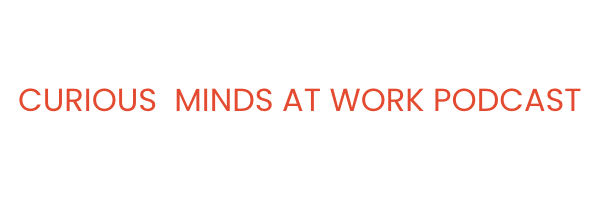CM 198: Eric Johnson on the Science of Decision-Making
We like to think we’re in complete control of the decisions we make. From the sandwich we ordered for lunch to the Netflix show we watched last night. Yet, in each case, we’ve got a hidden partner, one that influences nearly every decision we make. That partner is the designer. Whether we’re reading a restaurant…
Read MorePodcast: Play in new window | Download | Embed
Subscribe: RSS





